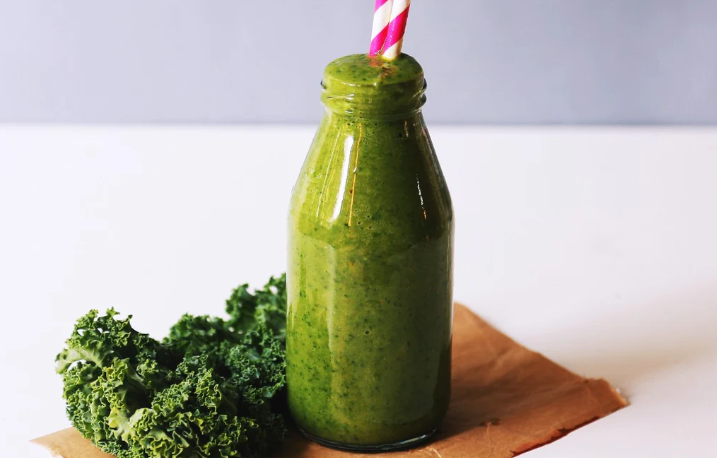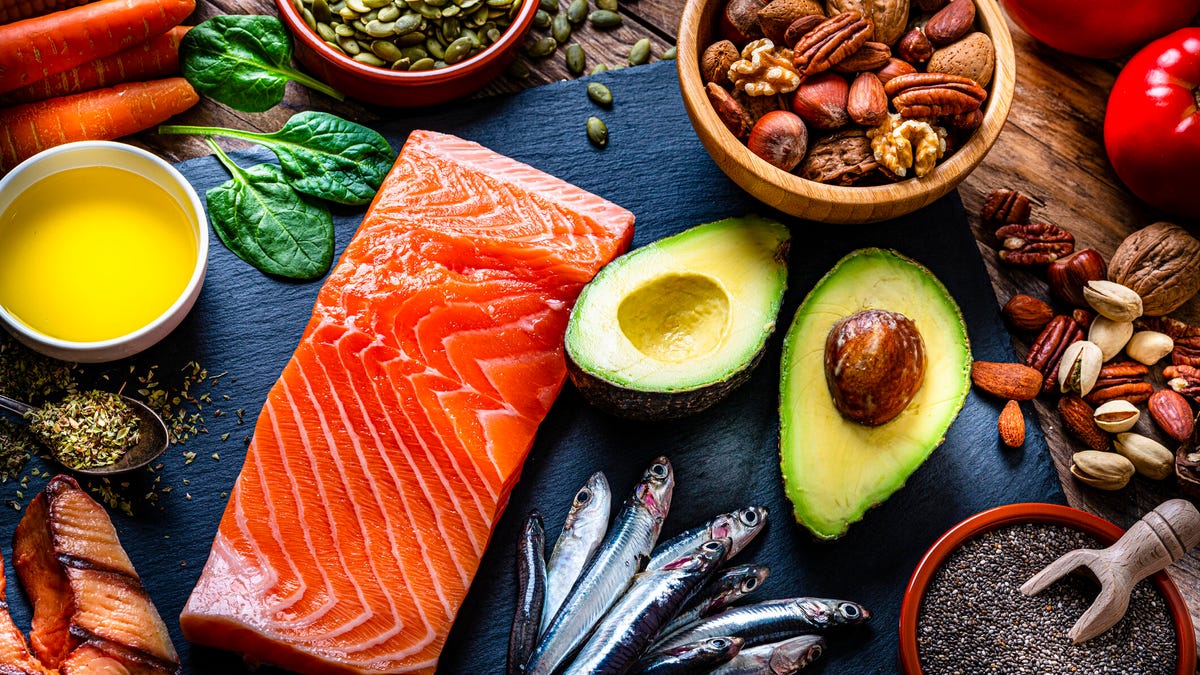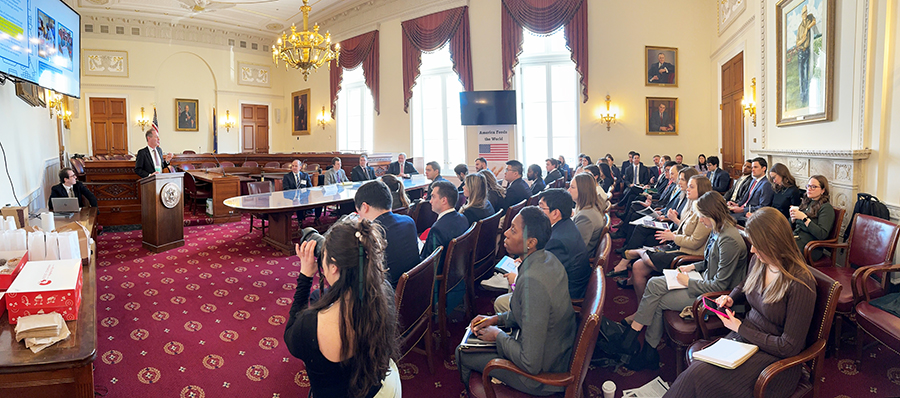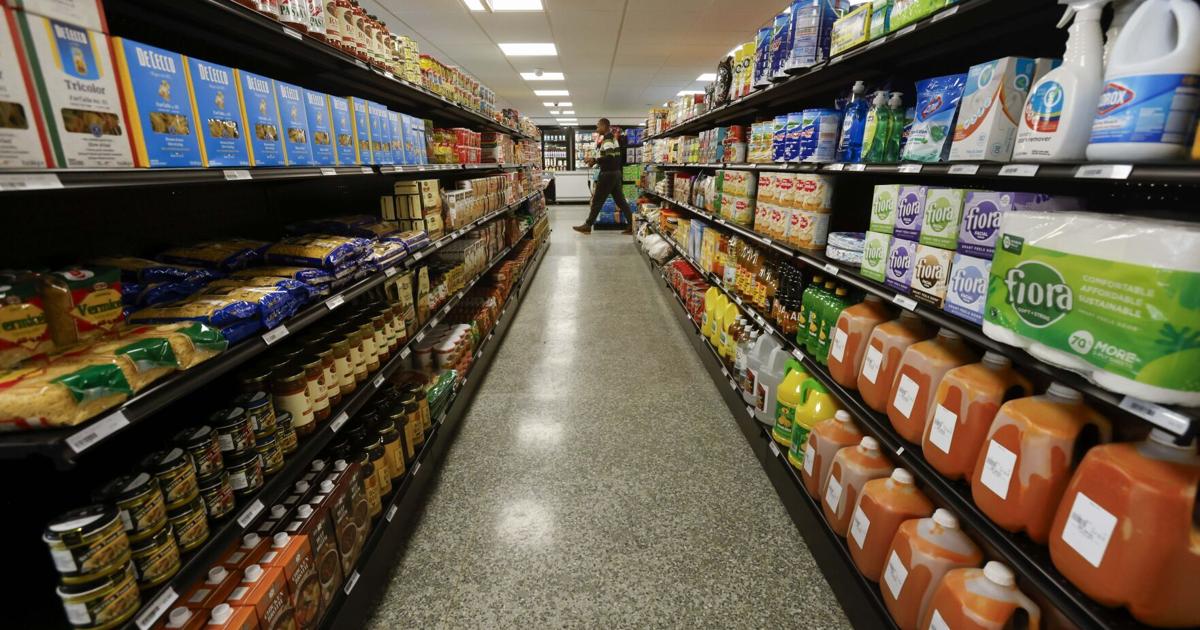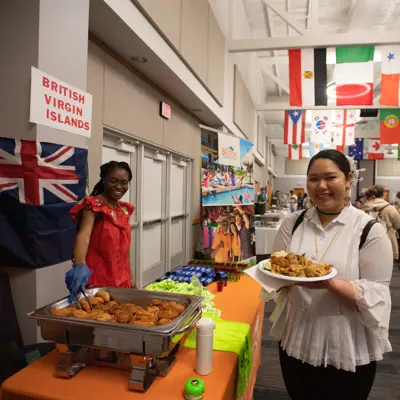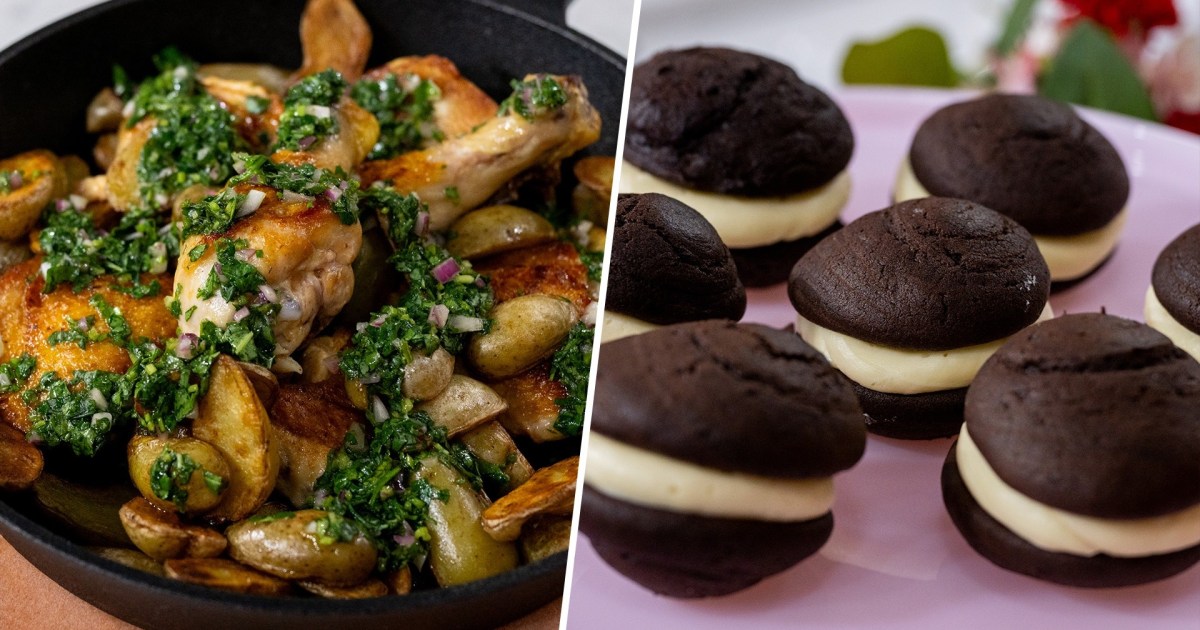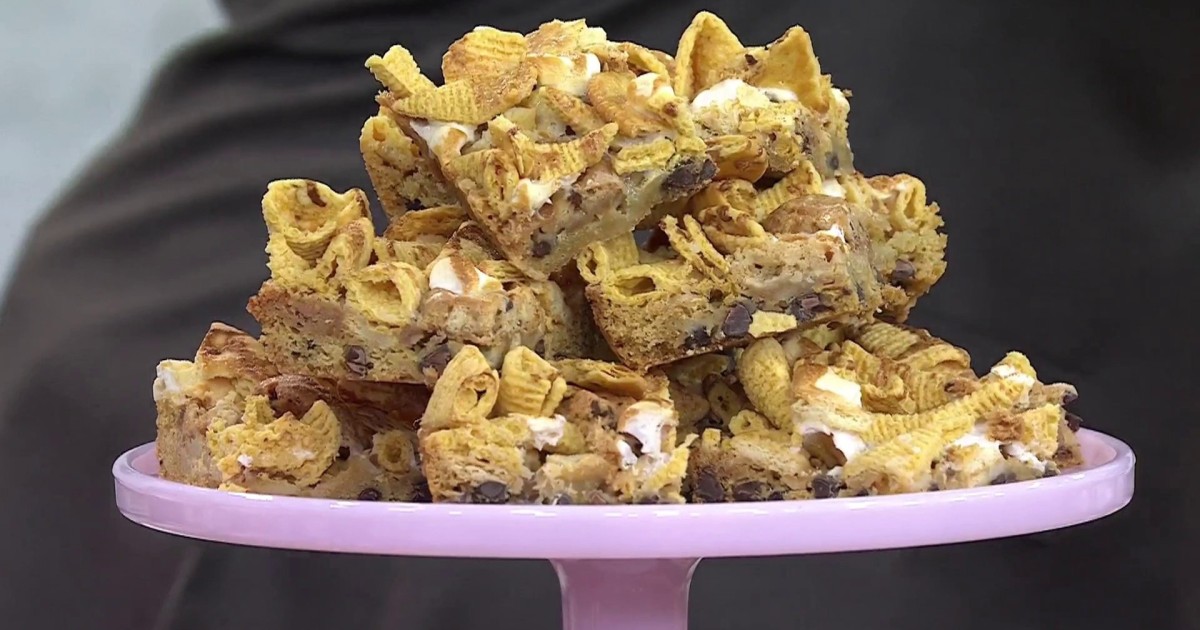kristine M. Kierzek
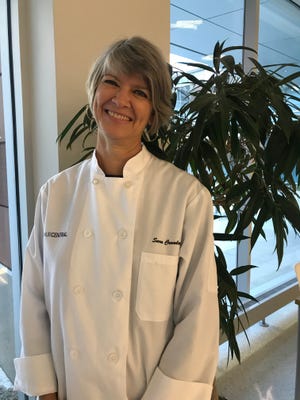
Cooking is a continuum of care for Sara Crawley. Feeding others feeds her own needs, too.
Crawley started out studying nursing, and while putting herself through school she worked in the restaurant industry. It quickly became clear to her that her path was meant to be in food.
She attended Waukesha County Technical College’s culinary program, then worked her way through roles in restaurants and catering with Eddie Martini’s.
Five years ago she took on the role of running Hub Central, managed by Eddie Martini’s Enterprises in the Medical College of Wisconsin, 8701 W. Watertown Plank Road, Wauwatosa. She found the perfect fit as the kitchen’s chef and manager.
This isn’t your typical workplace cafeteria, and it isn’t open to the public either.
Her customers are the people working in health care, education and at the medical facility. Eschewing overly processed foods, she doesn’t have a fryer in her kitchen and doesn’t want one. Lunch usually includes a special she’s created, often focused on comfort food with a healthy twist. Baked goods are produced daily in-house by a pastry chef. Crawley works with local farmers when possible, and approaches menus focusing on seasonality and minimal waste.
She talked with us about her background and her approach to feeding others.
Finding her fit
I was in the restaurant industry while putting myself through nursing school. Like so many people, I got bit by the restaurant bug. I ended up going to WCTC for culinary school. I learned many things about what I wanted to do and many things I didn’t. I had some really great mentors along the way. My first days in cooking were in restaurants and hotels. … I transitioned to catering for some time. I was proud to be part of some beautiful food and venues. I eventually got into corporate work in the culinary field …
My children were growing. Working corporate Monday through Friday, sign me up.
Behind the business
We’re managed by Eddie Martini’s Enterprises. When the opportunity opened here five years ago, it was a brand new cafe and the hours were Monday through Friday, no nights, no weekends. And, luckily and happily for me, I am given a lot of autonomy to make the specials and food that make me happy and I am proud to be doing. That includes working with local suppliers and vendors, keeping waste down as much as I can.
Anybody who works for me has to embrace that as well. They hear “That’s how you used to cut onions. That’s not how we cut onions.”
Her food roots
I’m one of eight children. My dad was a small town veterinarian, a dairy farmer veterinarian. There was a lot of butter. The milkman brought whole milk. My dad was a meat and potatoes guy. Both of my parents grew up in the depression. I think I get some of my frugality from them. I am OK with frugality, it doesn’t make me cheap. It is frugal, not wasteful. …
I was looking in the back of Betty Crocker cookbooks when I was 10, 11, 12. They’d have things like how to set a formal dining table. I’d try to do that. … Hospitality was a thing for me from the time I was a young girl.
Her comfort food craving
I still believe in my heart and soul that food brings people together. It connects us to who we are and what we came from and what makes us happy. For me, that is grilled cheese and tomato soup.
Try something new
It is about trust. It is making local food approachable. It is making a kohlrabi slaw and being happy to sample it out. We’re not going to give you anything that doesn’t taste great.
What defines her menu
Soups, salads, hot sandwiches, paninis, and the lunch specials every day. … I try to do a heartier meal on Wednesday or Thursday. My experience is we hit the reset button come Monday morning. We do a lot of salad on Mondays.
We offer grab and go comfort food, take-home meals, a lot of quinoa bowls, fresh soup every day. We make all of our dressings from scratch. Our bread comes from Troubadour, but all our bakery, the scones, cookies, are all made in house.
Different by design
Food can be medicine and it can be healing. That is exactly what I am trying to promote without being in your face about it. Healthy food promotes a healthy body. I want to be mindful that these are super educated, really dedicated people. It is not up to me to tell them what to eat.
I’m happy to provide alternatives to cafeteria food or fried food. We don’t have a fryer in this cafe. That was by design. When I retire and somebody wants to put in a fryer, let ‘em. Not while I am here. We bake tortillas to get crunchy chips. We don’t need to fry them.
Locally sourced
I don’t have a walk-in cooler or walk-in freezer. We are really limited in this space we have here. Every week my produce comes in from Centgraf Farms in Mayville. I discovered them at the West Allis Farmers Market, where I am a customer every weekend. I work with Troubadour (Bakery), a forager called Sourced in Nature and half of his business is Pink Teepee (Farms). …
He brings me mushrooms and sprouts, asparagus, ramps in the spring. I quite honestly didn’t have that much experience cooking with ramps. You start investigating what you can do … and now I make ramp butter. I get whiskey barrel-aged maple syrup. We have maple sugar we put on top of one of the muffins. This time of year I am trying to stock up on dried mushrooms. I’m buying ridiculous amounts of butternut squash and roasting and freezing it so when February comes I have it.
When she’s not working
I feed people. When I volunteer, I work at the food pantry. I’m a gardener, and I just became a master gardener. I work at Eble Gardens, and 100% of (what they grow) goes to the Waukesha food pantry. Last summer I worked with a group called Green Power in Waukesha. For me it is always about feeding people and the connection to the earth. I know how that sounds, but carrots come dug from the ground. They don’t come already sliced or canned.
Carving her path
When I write up the barn door most days, I try to star the local items. If I forget, someone will usually remind me. I think people have come to expect local here, and I hope so. Nobody told me this is how they wanted the direction of the cafe to go. There were no parameters I was aware of, they came to do a tasting of the food I wanted to do if we were awarded the contract here. I came out and said this is important to me, locally sourced, close to the earth as possible.
We’re in Milwaukee County, and if I can get vendors in Milwaukee County I am happy to support those people. I am well aware I am in a unique situation. Most chefs don’t get this opportunity working in a corporate setting like this. I am really lucky.
Fork. Spoon. Life. explores the everyday relationship that local notables (within the food community and without) have with food. To suggest future personalities to profile, email [email protected].

